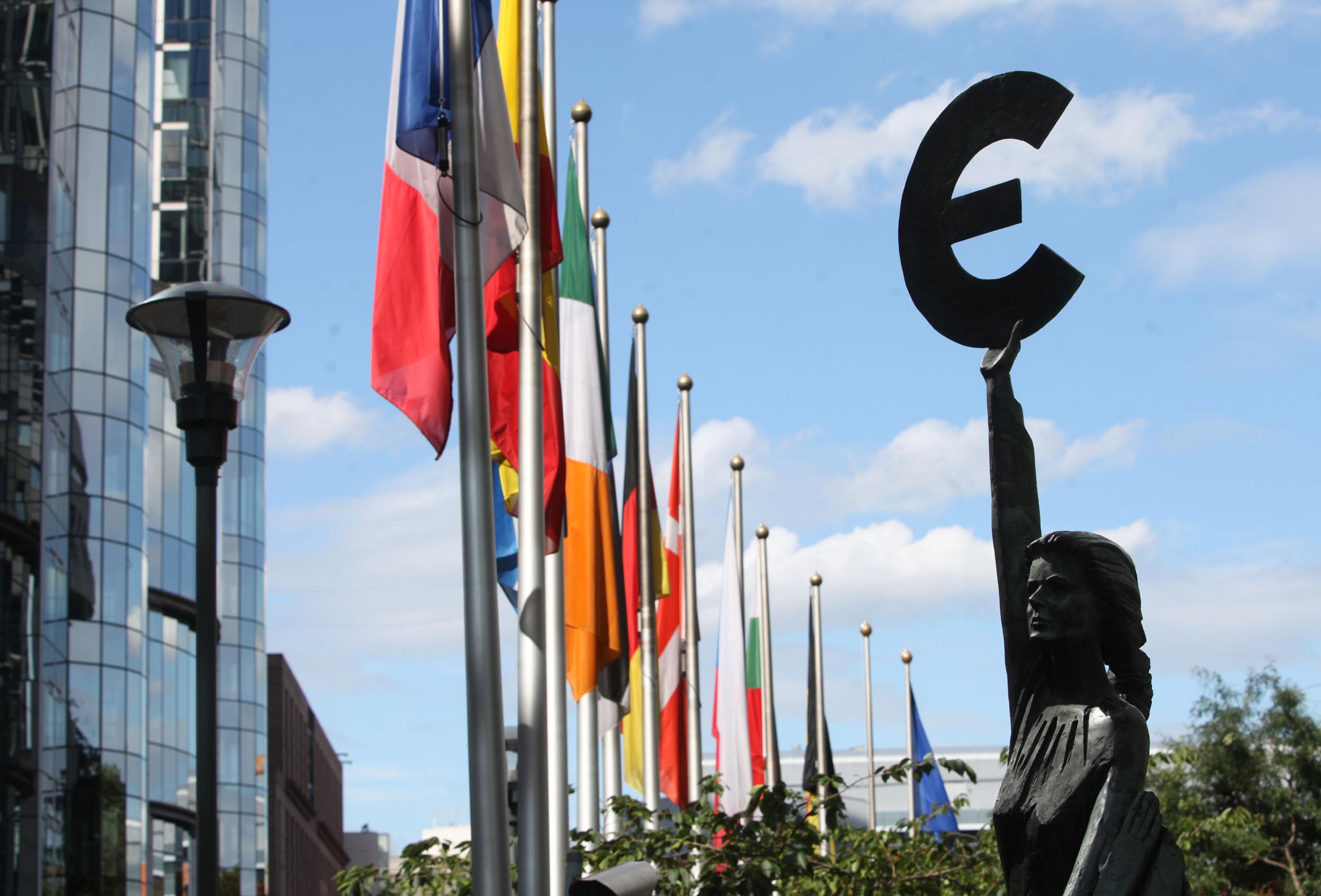The EU’s institutions are having to get used to a new routine – just like every other workplace
Fortunately, officials have had plenty of practice getting video conferencing to work smoothly, writes Jon Stone


Coronavirus has probably shut down your workplace’s offices: the same is true of the EU institutions. Each is taking different approaches to keep the bloc’s administration running.
In the European parliament, MEPs have been told to stay away – and have this week been logging in and voting from home, a perk made possible by the parliament’s electronic systems.
It’s a far cry from the House of Commons, where MPs have to physically go and stand in a crowded room if they want to take part in a division. This system may have its charms, but it’s not ideal for a pandemic.
The parliament’s approach is not without controversy, however. MEPs usually get an attendance allowance for clocking in at Brussels and Strasbourg, and a few are annoyed that they won’t be paid it for teleworking.
“The daily allowance is a payment for members who travel to Brussels or Strasbourg ... If they aren’t going to Brussels or Strasbourg then it is not paid,” David Sassoli, the parliaments’s president said on Thursday – effectively putting his foot down.
In Brussels, European Commission officials were all ordered to work from home some time before Belgium went into official lockdown, so they should be fairly bedded into their new routine by now. The commission’s large workforce with its large amount of foreign travel was seen as a likely contagion risk, so precautions were taken.
Perhaps the biggest change brought about by the pandemic was the cancellation of the European Council’s leaders summit, which was due to take place in the Belgian capital on Thursday and Friday this week.
The 27 EU leaders were due to discuss a number of issues, including a bit of Brexit in private, as they do four times a year. Instead, it’s been downgraded to a video conference, and it’s almost all Covid-19 on the agenda.
Fortunately, council officials have had plenty of practice getting video conferencing to work smoothly – health ministers from the 27 countries have been talking regularly to coordinate efforts across the continent.
Given it could take a long time for things to get back to normal, the different institutions are doing their best to adapt.
Yours,
Jon Stone
Policy correspondent
Join our commenting forum
Join thought-provoking conversations, follow other Independent readers and see their replies
Comments
Bookmark popover
Removed from bookmarks